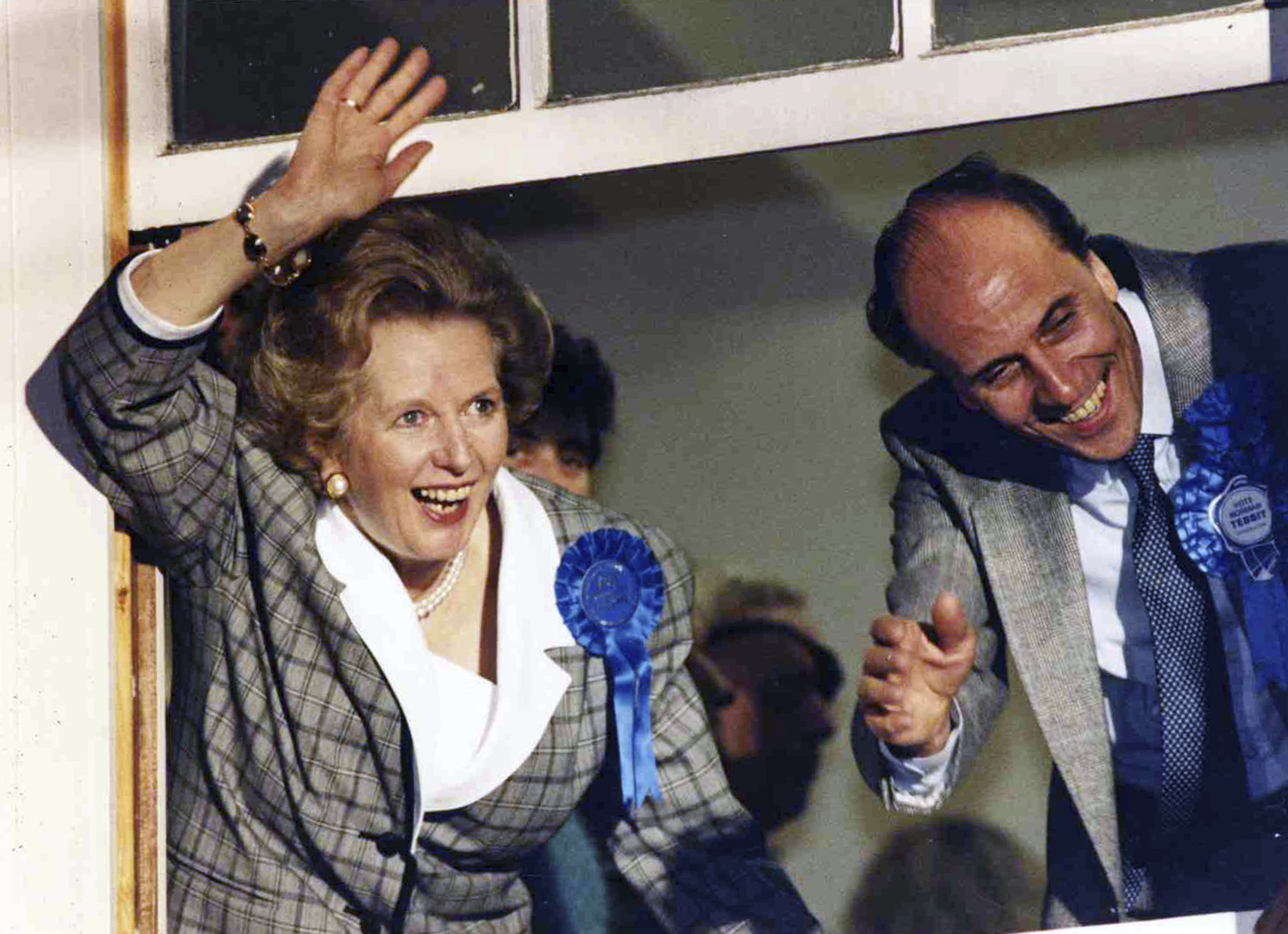Norman Tebbit, Thatcher's Conservative Ally, Dies at 94

A Life of Conservative Conviction and Political Influence
Norman Tebbit, a prominent right-wing British politician and close ally of former Prime Minister Margaret Thatcher, passed away on July 7 at the age of 94. His son, William, shared that Mr. Tebbit died at home, though no further details were provided.
A key figure in shaping the policies of the Thatcher era, Mr. Tebbit was known for his unwavering support of conservative principles, including free markets, self-reliance, and a strong stance against organized labor. He was appointed to the House of Lords in 1992 and became a symbol of the up-by-your-bootstraps ethos that defined much of Thatcher’s leadership.
Born to working-class parents in North London, Mr. Tebbit initially worked as an airline pilot before entering politics. Elected to the House of Commons in 1970, he joined Thatcher’s cabinet in 1981, serving in various roles such as employment secretary, trade secretary, and chairman of the Conservative Party. Throughout his career, he was a vocal opponent of labor unions, pushing for legislation that weakened the power of "closed shop" agreements.
One of his most significant legislative achievements was the 1982 law that increased compensation for workers fired for not being union members and removed immunity protections from unions. Mr. Tebbit considered this his greatest accomplishment, stating it was a foundational pillar of Thatcher's economic reforms.
A Charismatic and Controversial Figure
Mr. Tebbit was known for his sharp wit and ability to engage both allies and opponents. His personality often led to memorable moments, such as when he joked with a left-wing MP who had been hospitalized, telling him to “have another heart attack.” He also criticized multiculturalism, political correctness, and same-sex marriage, labeling them as “impertinent.”
His views on immigration sparked controversy, particularly when he suggested that Asian and Caribbean immigrants were not truly British unless they supported England’s cricket team. This statement led to criticism and a derisive nickname, “Onyerbike,” after a speech where he encouraged people to find work rather than riot during times of unemployment.
The Brighton Bombing and Personal Resilience
In 1984, Mr. Tebbit and his wife, Margaret, were severely injured in the Brighton hotel bombing, which targeted Thatcher. The attack, carried out by the Provisional IRA, killed five people and injured over 30, including the Tebbits. While Mr. Tebbit survived with multiple injuries, his wife was paralyzed from the neck down and spent two years in the hospital.
Despite the trauma, Mr. Tebbit remained committed to his political career, returning to Parliament shortly after his release. He viewed his return as a symbolic victory against the IRA, stating that it was the only time he was cheered by all sides of the House.
Legacy and Continued Advocacy
After leaving the cabinet in 1987, Mr. Tebbit focused on business and later returned to public life through editorials in newspapers like the Telegraph and Sun. He supported Britain’s withdrawal from the European Union and praised figures like Nigel Farage while criticizing colleagues who did not meet his standards.
He remained active in political discourse well into his retirement, expressing strong opinions on issues ranging from immigration to the role of the BBC. In interviews, he made it clear that he harbored no forgiveness for those involved in the Brighton bombing, even as some of the perpetrators were released under peace agreements.
A Life of Diverse Interests and Achievements
Beyond politics, Mr. Tebbit had a passion for cooking, which inspired his book The Game Cook, published in 2009. He also authored a children’s book in 2014 titled Ben the Talking Dog, showcasing his versatility and creativity.
Throughout his life, Mr. Tebbit balanced his political ambitions with personal challenges, including caring for his wife after her injury. Despite his aspirations for higher office, he eventually stepped back, acknowledging that his focus shifted toward family and health.
Mr. Tebbit is survived by his three children, John, Alison, and William, and leaves behind a legacy of conservative influence and resilience. His contributions to British politics and his enduring presence in public life continue to be remembered.
Post a Comment for "Norman Tebbit, Thatcher's Conservative Ally, Dies at 94"
Post a Comment